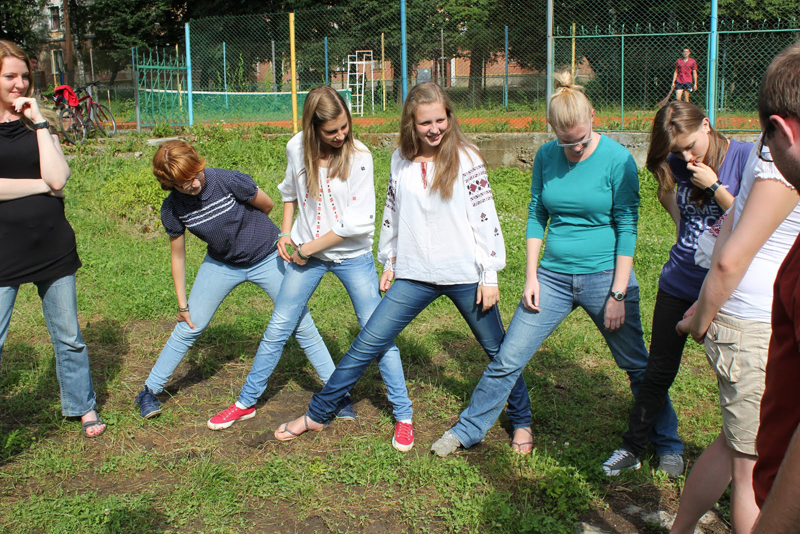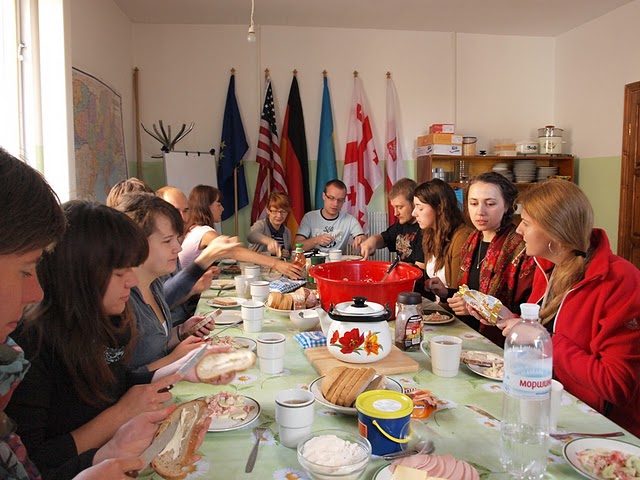
For many years, the Drohobych Caritas Volunteer Centre has conducted an exchange program between children and youths from Western Europe and Ukraine. This year 150 children from the L’viv region got the opportunity to participate in summer camps in Poland and nearly 20 young people from Poland have come to Ukraine. From 2-31 July, nearly 20 young volunteers from cities in Northern Poland vacationed at the Caritas Volunteer Centre in the city of Drohobych in the L’viv region.
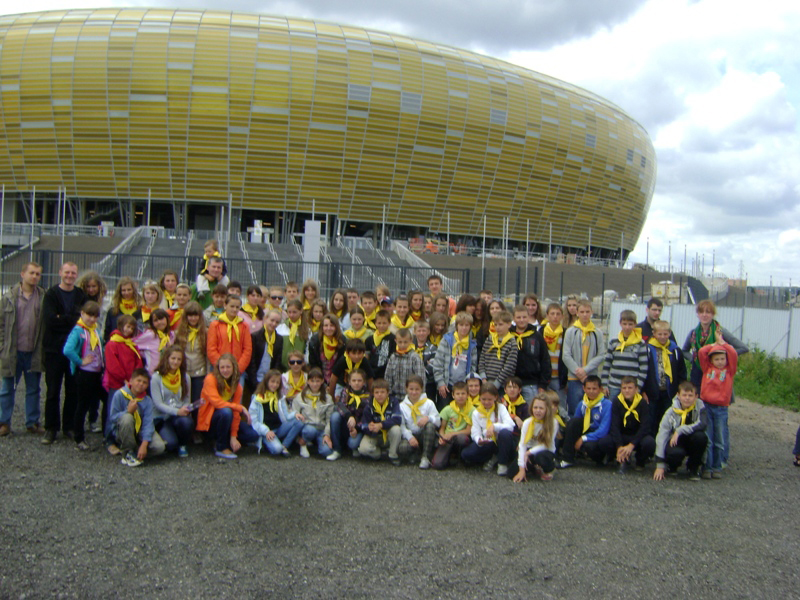
During the first half of the program, Polish and Ukrainian youths worked 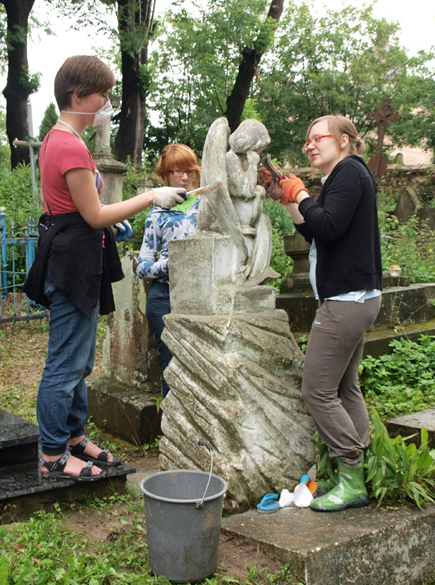
Nataliya, a volunteer from Gdynia states: “we are cleaning up graves which haven’t been looked after for many years or have been completely 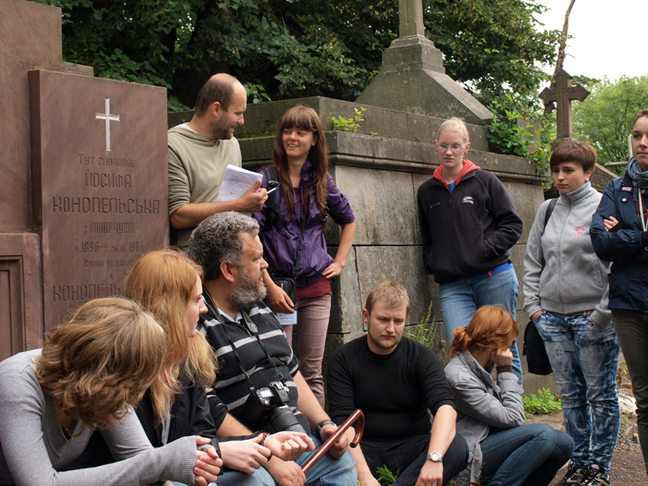
On 17 July, the young volunteers moved on to the village of Dovhe in the L’viv region to try to bring some life back to the place. Their goal is to help the secluded village and its inhabitants out of their current economic predicament. Years ago, the Soviet government resettled most of the village’s inhabitants in order to flood the village. The plan to build damns never materialized and the village, along with its remaining inhabitants, was forgotten.
Caritas volunteers want to develop eco-tourism in Dovhe so that the village can obtain funds to re-establish the most basic infrastructure for its inhabitants. Eco-tourism would also serve as a source of income, and would secure modern living conditions for Dovhe’s people and future generations.
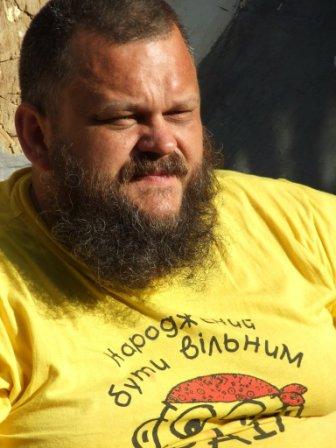 “Cultural exchange for young people is important in and of itself, but our work is even more important because it involves a large number of children and youths from disadvantaged families. We want our young people to have contact with their peers from other European countries—Poland, France, Germany, and Italy.
“Cultural exchange for young people is important in and of itself, but our work is even more important because it involves a large number of children and youths from disadvantaged families. We want our young people to have contact with their peers from other European countries—Poland, France, Germany, and Italy.
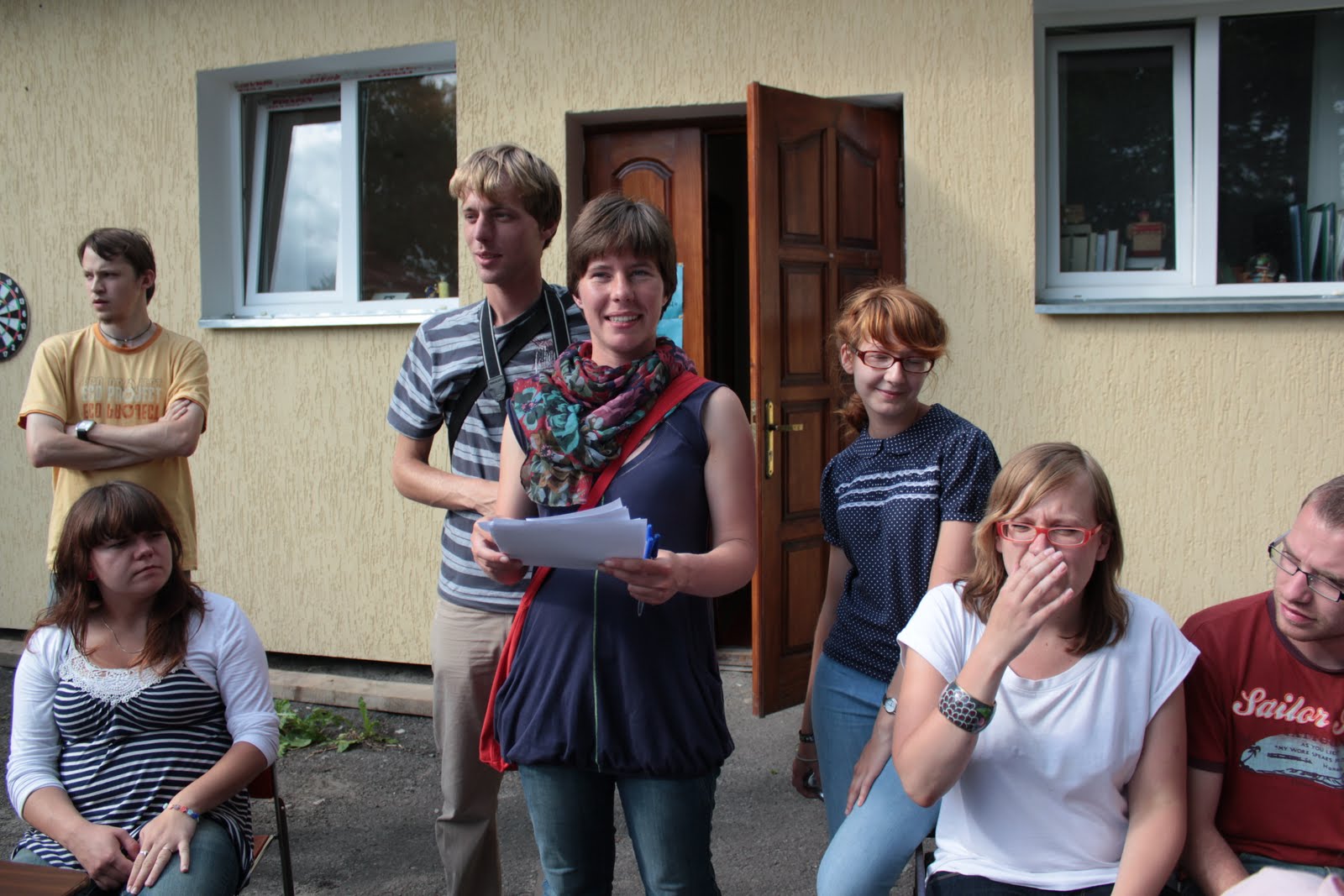 Thanks to the Volunteer Centre, from 11-25 June, 100 Ukrainian children, many of which are orphans or are being raised in single parent or otherwise disadvantaged families, were on exchange in Warzenko, a town near Gdansk, Poland which is famous for its beautiful lakes and proximity to the Sea.
Thanks to the Volunteer Centre, from 11-25 June, 100 Ukrainian children, many of which are orphans or are being raised in single parent or otherwise disadvantaged families, were on exchange in Warzenko, a town near Gdansk, Poland which is famous for its beautiful lakes and proximity to the Sea.Tags:


